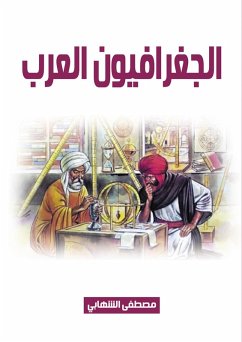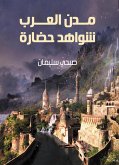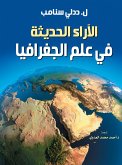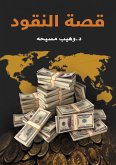Arabs played a fundamental role in the advancement of modern science, despite its many types. This is because they translated and quoted the most important things they found from the heritage of the Pharaohs, Greece, and Indians, which enabled the following generations to learn about the developments of science in successive eras - despite the loss of some ancient works - and to know the contents of those works. When the Arabs studied the heritage of the nations that preceded them and understood it well, they began to build a glorious Arab renaissance. They added to old opinions and information what they saw as improvements or special theories, and they invented new devices that helped them carry out research that led to more accurate results than those before them, and thus they provided the following generations with rules. And sound foundations upon which they built scientific renaissances that were credited with the sophistication and civilization we see today. The period between the second half of the eighth century and the first of the twelfth century AD witnessed an era in which the Arabs were masters of the world in various sciences and arts, to the point that their culture and sciences overshadowed all other contemporary cultures of that period. As a result of this, the Arabic language became the international language of science at that time.
Dieser Download kann aus rechtlichen Gründen nur mit Rechnungsadresse in A, B, BG, CY, CZ, D, DK, EW, E, FIN, F, GR, H, IRL, I, LT, L, LR, M, NL, PL, P, R, S, SLO, SK ausgeliefert werden.









